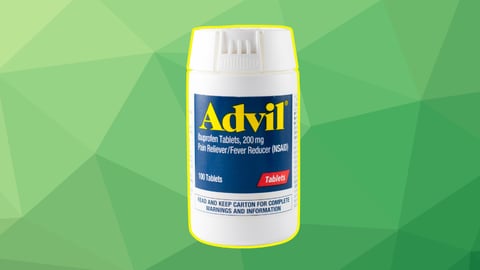PepsiCo Creates Integrated Value Chain Enabled by Tech, Data & AI
PepsiCo is undergoing a business transformation to better navigate volatility and optimize operations.
During the latest earnings conversations, CEO Ramon Laguarta stated the company has been investing in technology, artificial intelligence and data within a turnaround strategy.
As part of these efforts, it is integrating two full business value chains, which were previously operating side by side — the North American beverage and convenient foods businesses, worth $30 billion each — to lower costs and create new efficiencies.
“We began the process of identifying synergies … specifically to reduce duplication, adopt harmonized best practices, and integrate and consolidate administrative and support functions,” he said.
Also read: PepsiCo is working with AWS to build a cloud-based, agentic AI-first roadmap
Optimizations will include:
- Redesigned warehouse and distribution center facilities to better support both food and beverage products.
- Modernized infrastructure with more automation and digital connectivity between facilities.
- Greater efficiency in go-to-market and merchandising models with digital tools to help frontline associates operate more efficiently.
- Optimized back-office and administrative functions to provide integrated support across North America operations.
“Savings realized from these actions can be used toward unifying consumer insights and analytics to help accelerate our innovation activity and portfolio evolution,” Laguarta added.
Pulling all Optimization Levers
At the same time, PepsiCo has been layering on investments in global capability centers around the globe so that the company can operate with one set of processes and information.
Other initiatives are in play as well, with previous investments in the company’s ERP leading to future procurement savings. Additionally, as PepsiCo looks to better balance volume performance, it has been cutting back on excess manufacturing capacity by closing a couple of plants or shuttering lines that it plans to bring back into service when volume returns.
Also: Del Monte Foods looks to sell as part of turnaround strategy
“We're pushing on every cost lever that is available, and that's what's going to drive the incremental productivity in the second half,” said Jamie Caulfield, EVP and CFO.
PepsiCo expects to deliver about 70% more productivity across the entire enterprise in the second half of the year as part of these overall efforts.
“But given the size of Frito in the portfolio and the particular need to rightsize the assets and some of the other fixed costs, it skews more to Frito delivering that stepped up productivity,” Jamie Caulfield, EVP and CFO, clarified.
Laguarta expects the company will hit the low end of its long-term organic revenue growth goal (4%-6%) in the next few quarters as a result of this turnaround strategy.
PepsiCo’s continued investments in IT and data are also providing an additional value lever it can pull as it battles affordability and tariff concerns in the market.
By using more precise analytics, PepsiCo can better inform pricing and merchandising decisions, narrowing by channel, pack size and time of the month while saving on costs.
“We continue to expect incremental supply chain costs (primarily related to the sourcing of certain global inputs and ingredients and related tariff impacts) for the balance of 2025 and are implementing mitigation strategies to partially reduce these incremental costs,” Laguarta said in prepared remarks.
“This includes driving greater cost savings, adjusting the sourcing of key inputs and sharpening our revenue management tactics later this year.”






